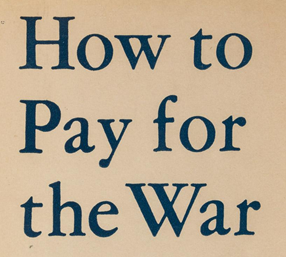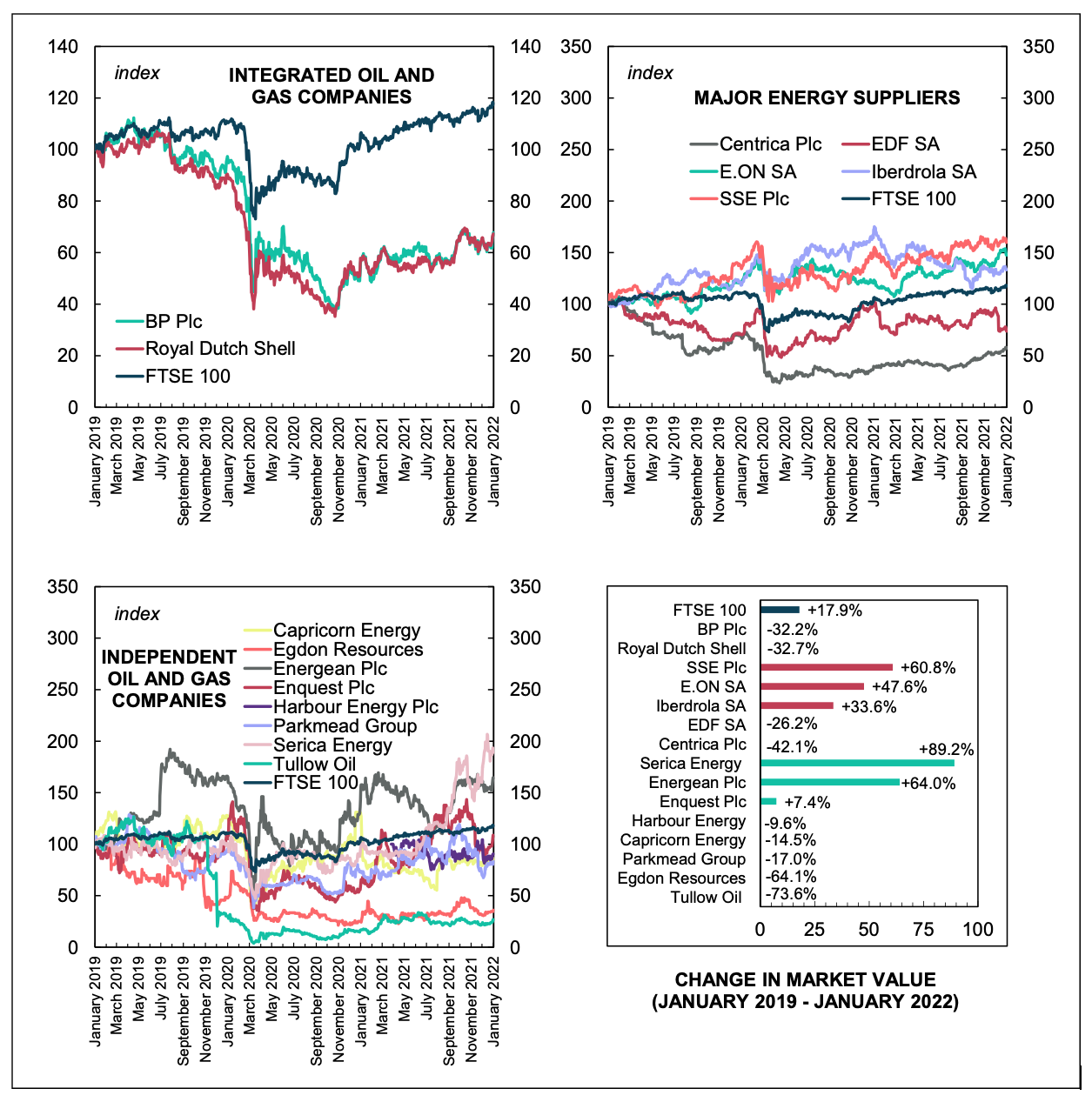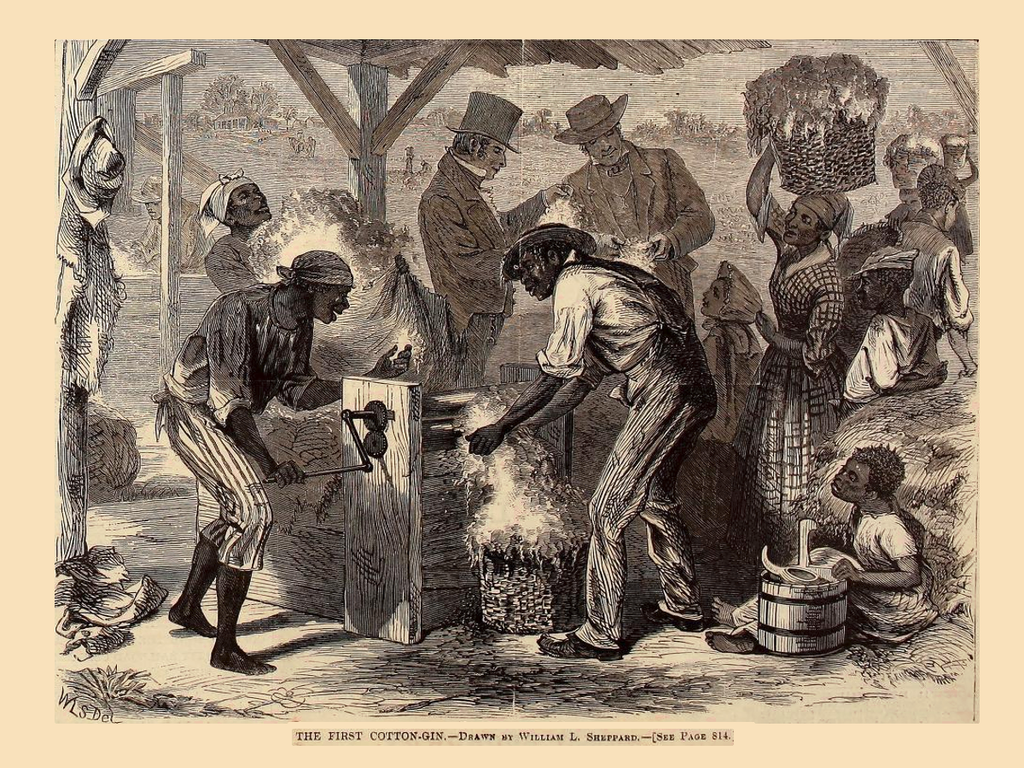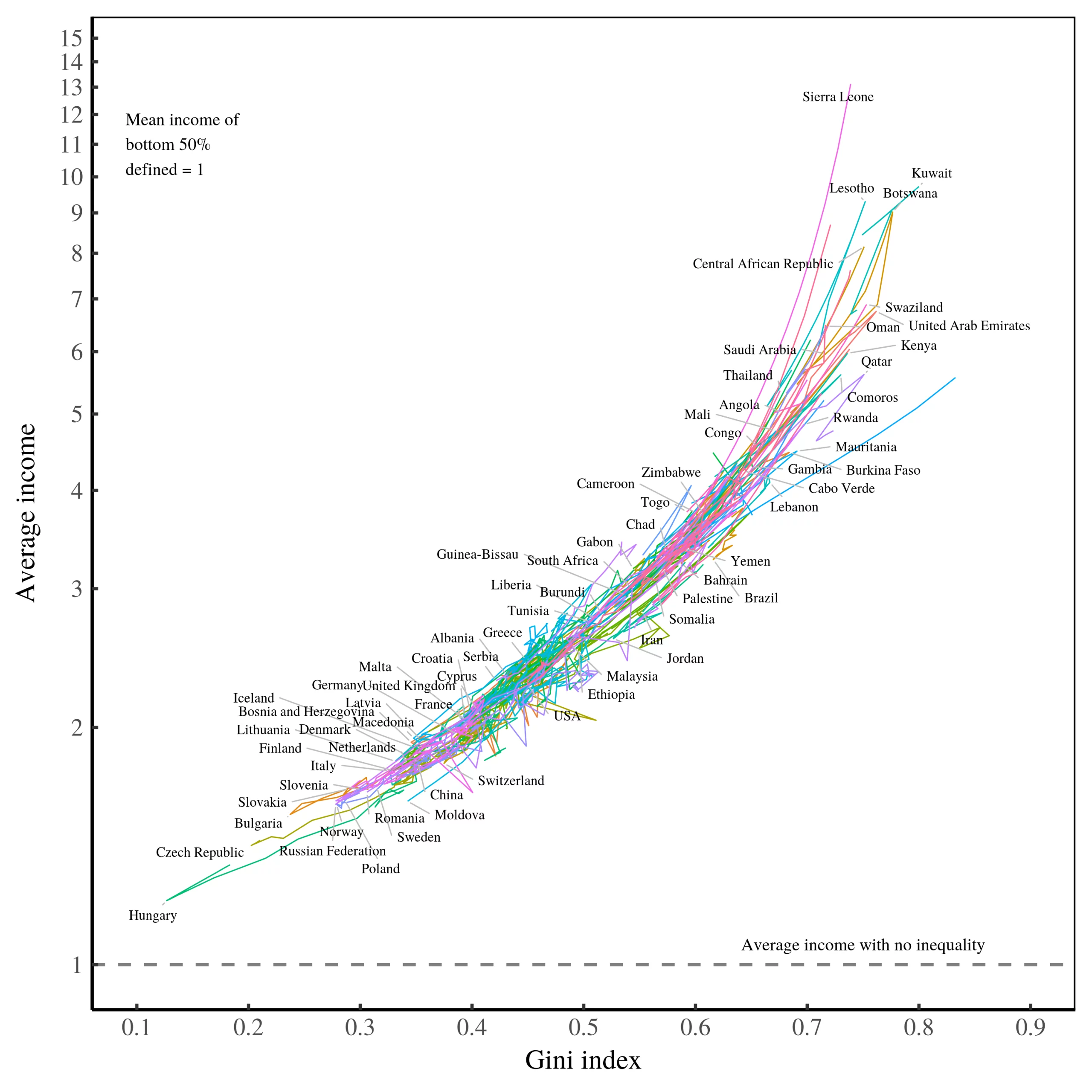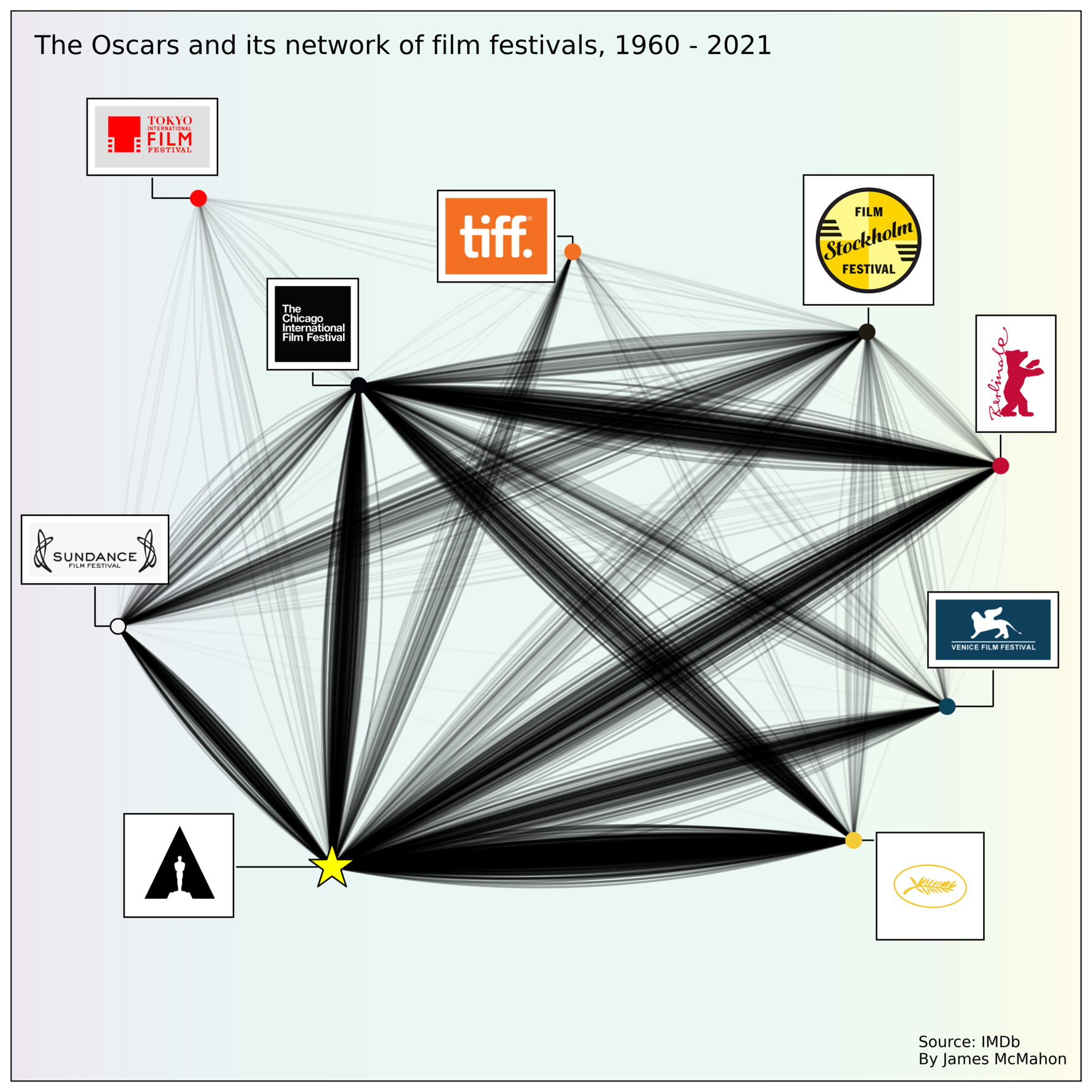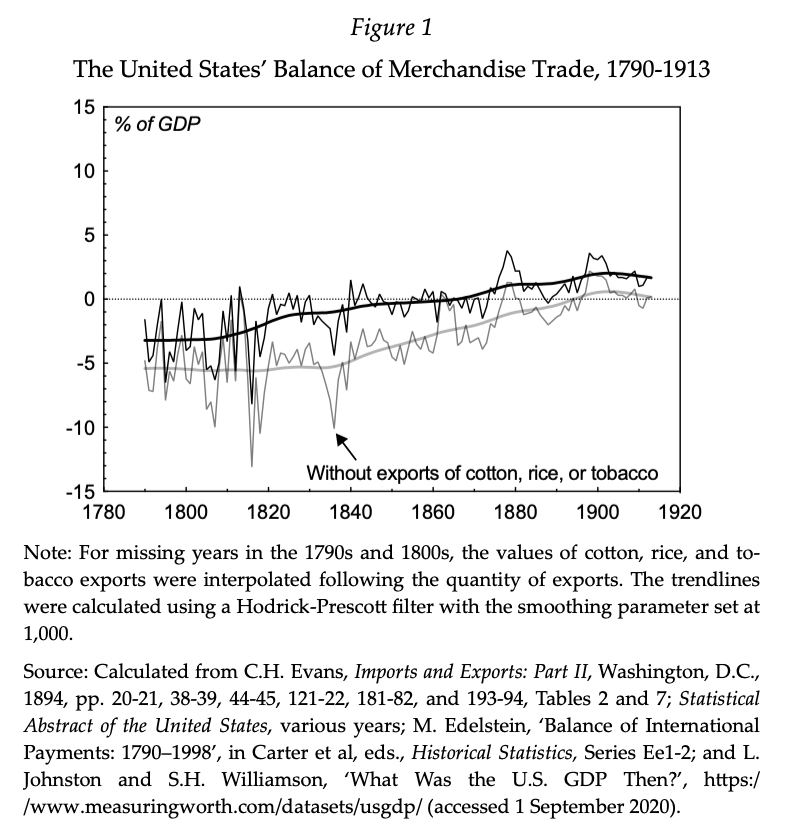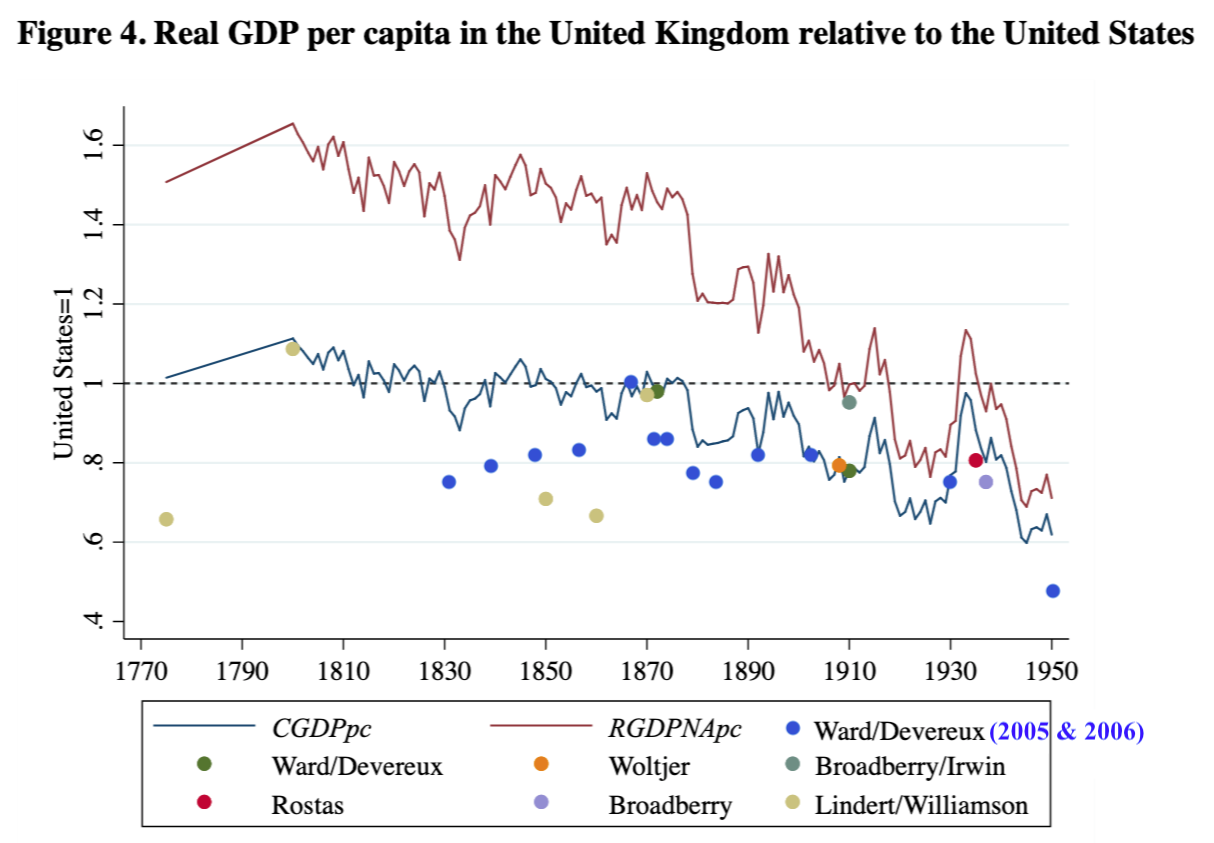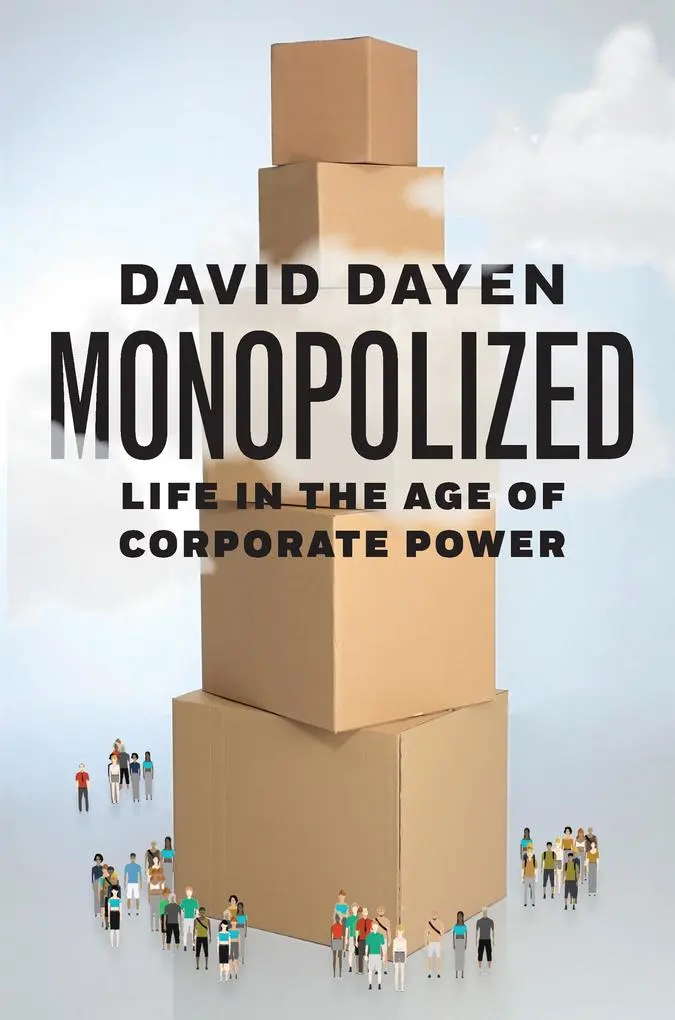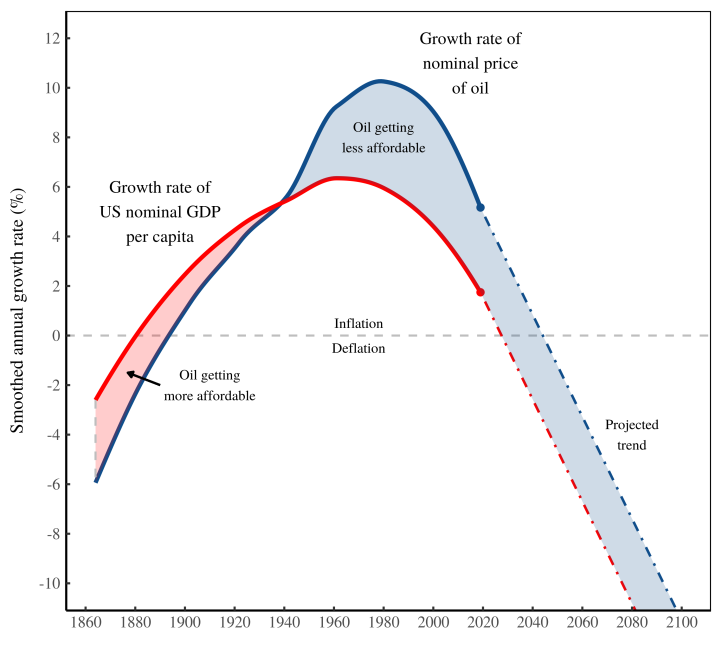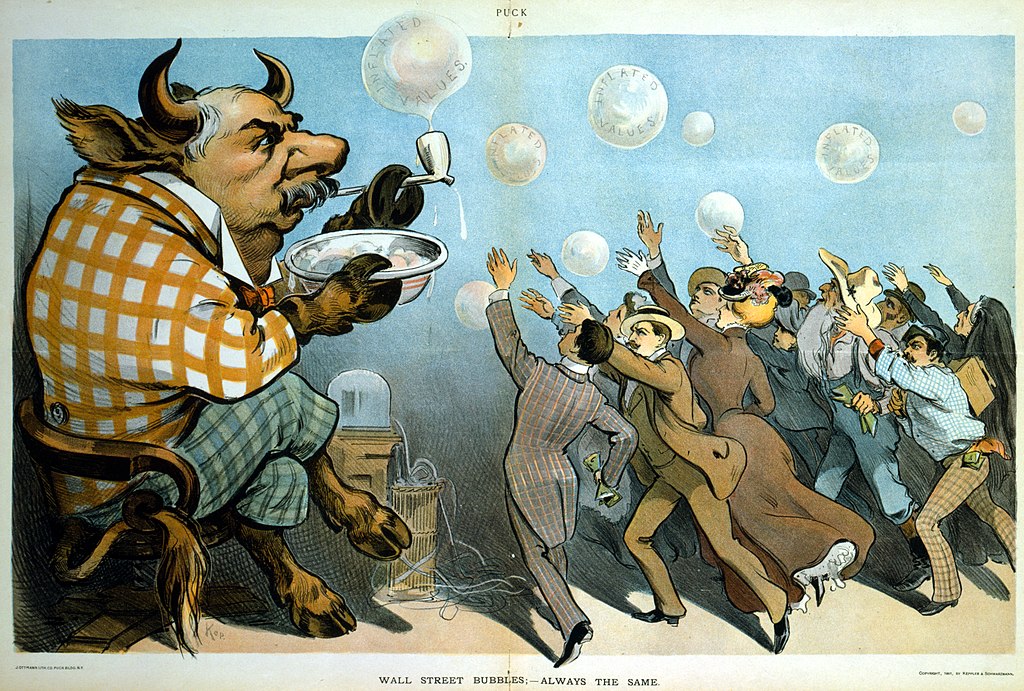Jonathan Nitzan and Shimshon Bichler Originally published on Twitter During the twilight of feudalism, wars, whose cost soared in tandem with their material scope and unit price, were the most financially demanding expenses. Changing military technologies, beginning with the crusades and continuing with the Hundred Years War, made it increasingly necessary to rely on hired […]
Continue ReadingSlavery, the Development of the United States, and the Case for Reparations
Originally published at joefrancis.info Joe Francis In a new working paper I outline how slavery contributed to the development of the United States before the Civil War. The paper is called ‘King Cotton, the Munificent’ because I argue that slavery benefitted the free society of the North. In a nutshell, I argue that slaves were […]
Continue ReadingAmazon says only corporations own property
Originally published at pluralistic.net Cory Doctorow If you visit Amazon’s Prime Video homepage, you’ll see that the title of that page is “Rent or Buy: Prime Video.” There’s a plain-language meaning of “buy” that most of us understand, but Amazon says we’re wrong. https://www.amazon.com/rent-or-buy-amazon-video/ Amanda Caudel is a Prime user who brought suit against Amazon […]
Continue ReadingEnergizing Exchange: Learning from Econophysics’ Mistakes
Originally published at Economics from the Top Down Blair Fix Let’s talk econophysics. If you’re not familiar, ‘econophysics’ is an attempt to understand economic phenomena (like the distribution of income) using the tools of statistical mechanics. The field has been around for a few decades, but has received little attention from mainstream economists. I think […]
Continue ReadingNew Briefing – Drilling Down: UK Oil and Gas Financial Performance
Originally published at sbhager.com Sandy Brian Hager Joseph Baines and I have a new briefing with Common Wealth examining the financial performance of UK oil and gas producers and energy suppliers. Some of the key findings include: The two UK-headquartered supermajors – BP and Royal Dutch Shell – have remained profitable over the past decade, […]
Continue ReadingCotton and Slavery in Antebellum America
Originally published at joefrancis.info Joe Francis The dominant view among economic historians is that American slavery was an unnecessary evil: nothing good came of it for the development of the United States after independence. Even if some reluctantly accept that the boom in cotton production may have had some benefits for Antebellum America, they argue […]
Continue ReadingBill Gates’s monopolistic mask-off moment
Originally published at pluralistic.net Cory Doctorow Don’t let the sweater-vests and the (dilettantish) “education reform” work fool you: Bill Gates made his fortune through sheer robber-baronry, presiding over a vicious monopolist that shattered the law in its greedy quest for billions and permanent, global dominance. Microsoft’s illegal conduct was so blatant, persistent and obviously wicked […]
Continue ReadingRadically Progressive Degrowth: Reducing Resource Use by Eliminating Inequality
Originally published at Economics from the Top Down Blair Fix Pity the billionaires. High in the towers on Billionaires’ Row, life is hard. The pencil-thin buildings groan as they sway in the wind, keeping penthouse dwellers up at night. Water pipes break, ruining posh décor. And elevators are unreliable, interrupting billionaires’ highly productive lives. So […]
Continue ReadingDo all roads lead to the Oscars? Part I
Originally published at notes on cinema James McMahon Sitting through the Academy Awards ceremony can be frustrating if you watch a lot of films. The breadth of your viewings has given you the perspective to see how some very good films are either receiving small numbers of nominations or are outright ignored across all categories. […]
Continue ReadingWithout Slavery in the United States, Would California Still Be in Mexico?
Originally published at joefrancis.info Joe Francis Unless you are Mexican, it is easy to forget that California was not always in the United States, having been a part of Mexico until the Mexican-American War of 1846-48, after which it was annexed. Slavery had much to do with the origins of that war, since white settlers […]
Continue ReadingQuantifying the meritocratic delusion
Originally published at pluralistic.net Cory Doctorow Our societal narratives are invisible by dint of their ubiquity, but they are far more important in stabilizing the status quo that all the cops and jails and domestic surveillance agencies put together. Take inequality: when a few have much, and the many have little, the primary means of […]
Continue ReadingFix, ‘Das Ritual der Kapitalisierung (The Ritual of Capitalization)’
Abstract Wenn man genau hinhört, kann man zuhören, wie Jeff Bezos immer reicher wird. Da ist es schon wieder, dieses Geräusch. Eine weitere Milliarde in Bezos‘ Kassen. Lassen Sie uns diesen Klang des Geldes mit ein paar Zahlen belegen. Seit 2017 ist das Nettovermögen von Bezos um etwa 4 Millionen Dollar pro Stunde gewachsen – […]
Continue ReadingThe Rise of Human Capital Theory
Originally published at Economics from the Top Down Blair Fix If there was an award for the most pernicious scientific idea ever, what theory should get first prize? I would vote for eugenics, a theory that claims we can ‘improve’ humanity through selective breeding. If there was a second prize, I’d give it to human […]
Continue ReadingThe Known Unknowns of Historical GDP Estimates
Originally published at joefrancis.info Joe Francis One of my favourite graphs in recent writing on economic history might seem obscure. Reproduced below, it is found on page 28 of the working paper underlying the latest update of the Maddison Project database of historical GDP estimates. It shows the various estimates of British GDP per capita […]
Continue ReadingWarren Buffet, monopolist
Originally published at pluralistic.net Cory Doctorow Monopolized: Life in the Age of Corporate Power is David Dayen’s new book about the concentration of industry in America and around the world; one interesting implication of monopolies is that they are intensely individual phenomena. https://thenewpress.com/books/monopolized That is, despite being driven by vast social forces, monopolies have monopolists: […]
Continue ReadingLet Our Bodies Flourish: Thoughts on Translation and the Amazing Broken Telephone Kaleidoscope
Originally published at dtcochrane.com DT Cochrane Commissioned and originally published by The Blackwood Art Gallery at the University of Toronto Mississauga. As I write this, disability justice advocates are rallying in opposition to Bill C-7, which will amend sections of the criminal code that pertain to MAiD: medical assistance in dying. In this short reflection, […]
Continue ReadingAs We Exhaust Our Oil, It Will Get Cheaper But Less Affordable
Originally published at Economics from the Top Down Blair Fix It was a bet heard around the world. Okay, that’s an exaggeration. It was a bet heard mostly by academics and sustainability buffs. But still, it was a bet … and it was important. The year was 1980. The players were biologist Paul Ehrlich and […]
Continue ReadingArbitrage and Import Controls in Argentina during the 1950s
Originally published at joefrancis.info Joe Francis Following the Second World War, there was a worldwide dollar shortage due to the United States’ high level of self-sufficiency as an agro-industrial behemoth. Governments therefore imposed quantitative controls on imports, in order to ration the available supply of dollars. A study made in 1955 by John Hopkins, an […]
Continue ReadingOwen Lynch, ‘ Book Review: Capital as Power’
Originally published at ownlynch.org Owen Lynch Part A: Overview 1. A Need for Better Theory If you are a well-educated person in the 21st century, you probably have conflicted views. On the one hand, the grand socialist project has had… problems… over the last century. Serious problems. Problems that kill and hurt people, and are […]
Continue ReadingThe rotten culture of the rich
Originally published at pluralistic.net Cory Doctorow In his 2019 book Dignity, Chris Arnade left his Wall Street job and traveled America, talking to poor, marginalized people, mostly at McDonald’s restaurants. Now, in a new essay for American Compass, Arnade delves into the “rotten culture of the rich.” https://americancompass.org/what-about-the-rotten-culture-of-the-rich/ Arnade starts with observations about how rich […]
Continue Reading
